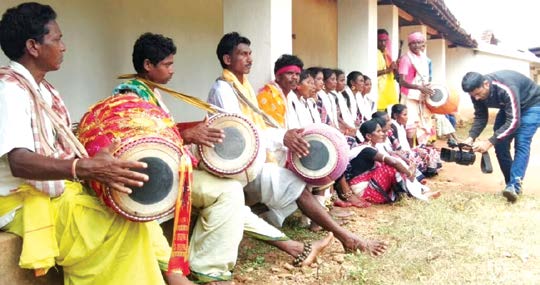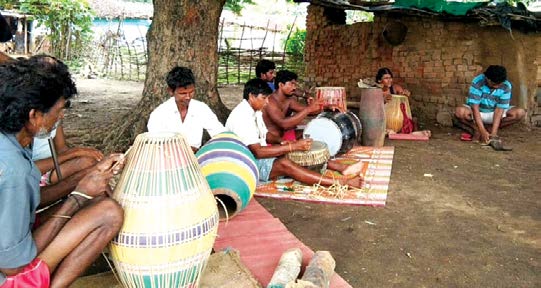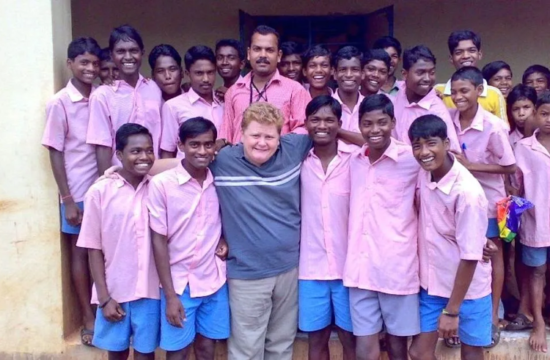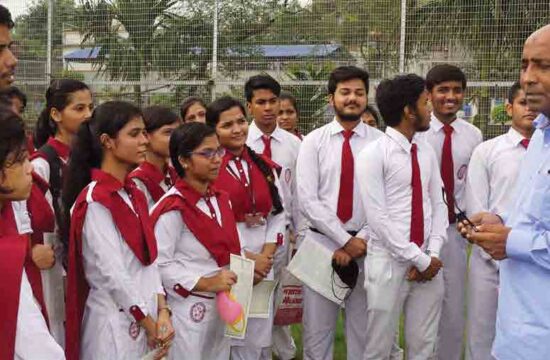In our digitalised world, where everybody is busy with social media, he has taken a road not taken by preserving folk art forms. He is a professor in a college, but he spends his time and money preserving near extinct folk art. He feels that understanding folk art would help us return to the roots of who we were and what culture we belonged to. This is a counter culture to the present commercialised culture.

Rajat Kumar Panigrahi, a zoology professor at Yuvodaya College in Balangir, Odisha, after his classes dons another role, that of a preserver of folk art and music. For this, he has to travel for hours and spend many sleepless nights to reach the remotest villages of western Odisha. He locates folk artists and musicians, and documents their rare art forms that are seldom found on popular platforms. This has enormously helped the artists who lived in abject poverty, to professionalise their art and earn money for their survival.

In Rajkonna village, where he is from, he attended an annual event called Chhatar Yatra. That sparked his commitment to folk culture and art. Initially, Rajat spent his pocket money to reach out to these artists. Now he spends his salary to help the folk artists buy materials for instruments and document
the art forms. Understanding his conviction and commitment to this rare cause, his cousins, Satya and Ganesh also joined his project, giving up their jobs. They travelled to Sonepur, Kalahandi and Balangir to discover and document rare forms of art and artefacts. They started a page, Matir Kala, on Facebook and YouTube and uploaded these videos.
The trio faced a huge struggle to help the folk artists professionalise their arts so that their families could come out of poverty and lead a decent life. Do they personally earn money from all this? No. They are Rajat’s colleagues in his college. Close friends question him and tell him to give it up and focus on earning money and wealth. But he says that it is his passion and some passions are beyond material benefits. What motivates him is that it gives him “atma trupti”- (satisfaction for his soul). In a world where everyone is after money and accumulating wealth, Rajat is after personal fulfilment, by reviving extinct forms of art. That satisfaction money can’t buy. By reviving extinct art forms, he has become a man of distinction.
The author is a former Director of Goa Institute of Management (GIM) and currently Director of St Joseph’s Institute of Management (JIM), Trichy.












